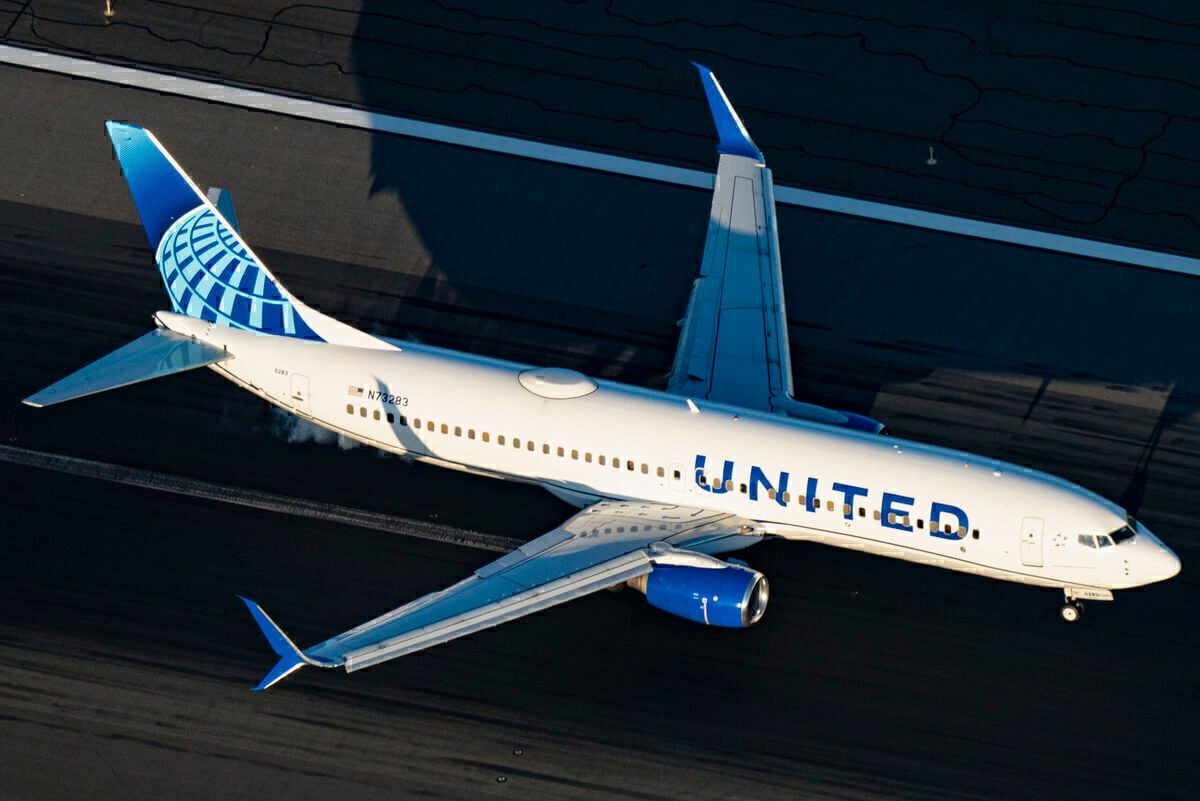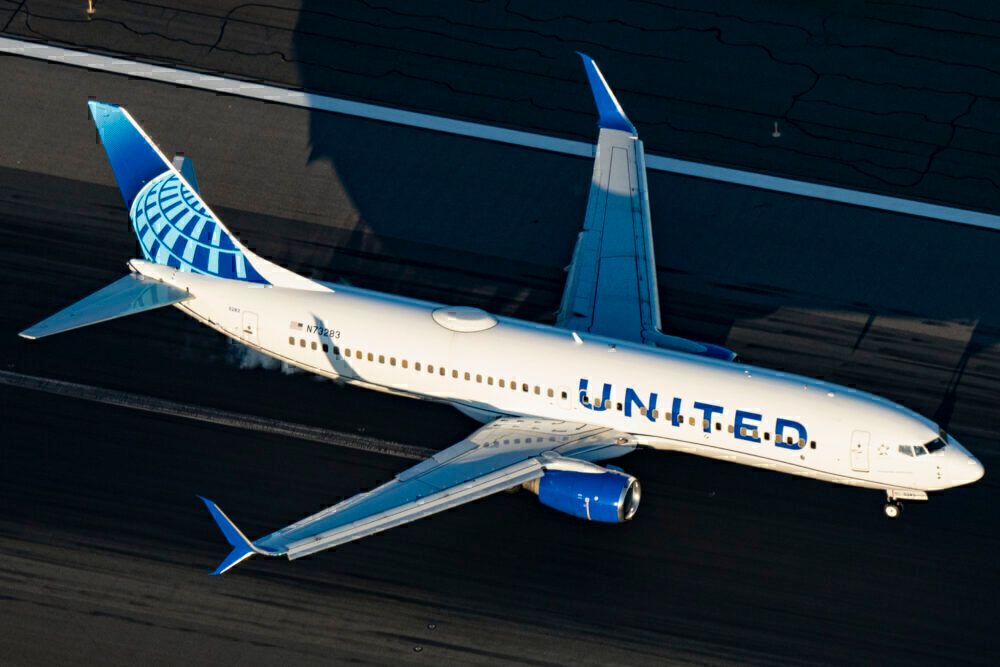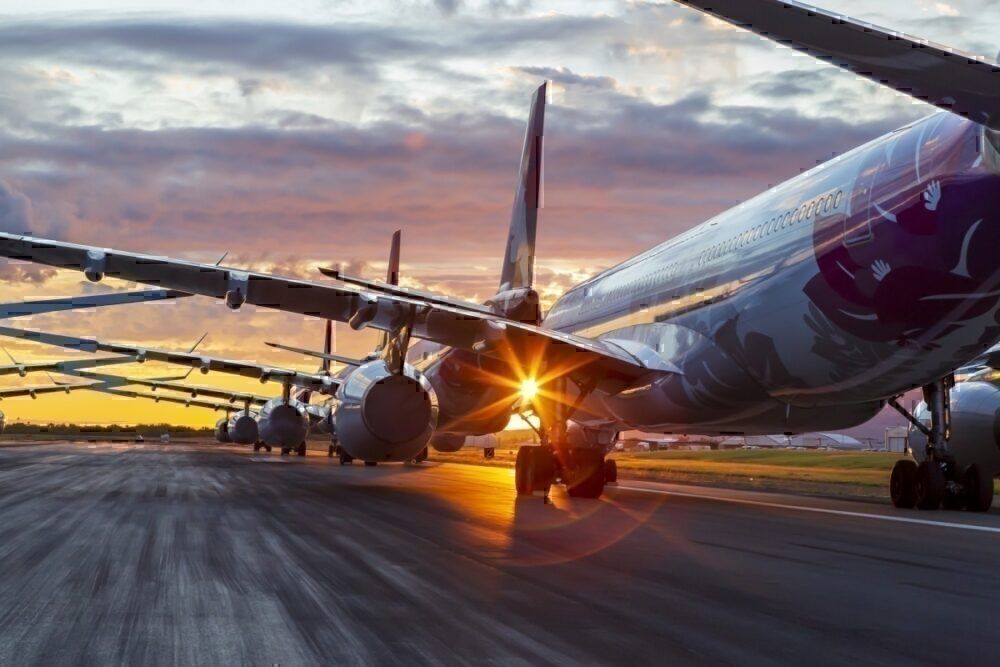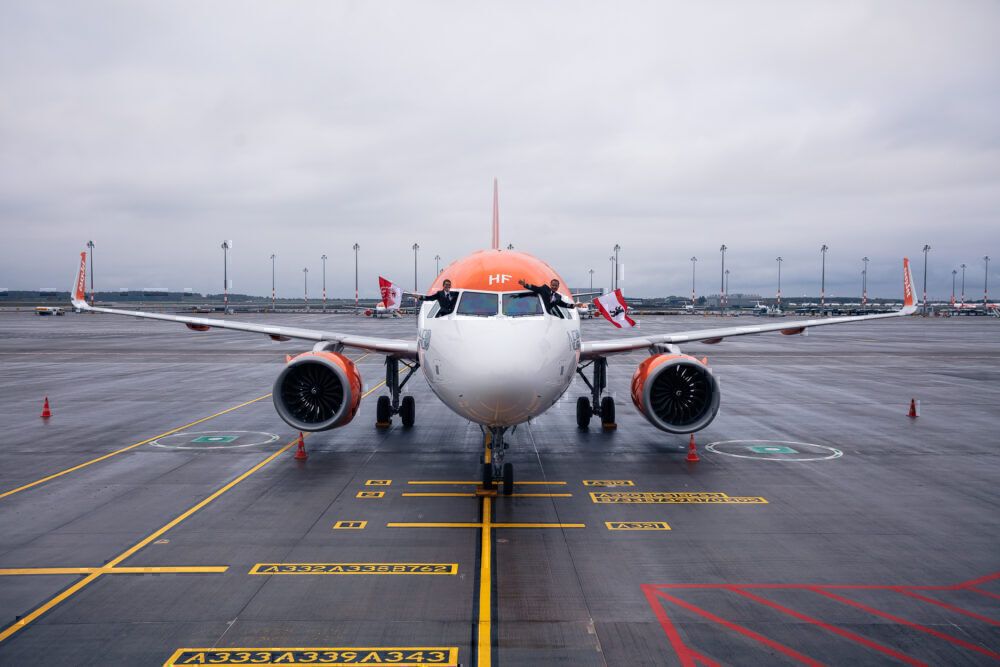Throughout the pandemic, lessors have become one of the most important resources to airlines around the world. From giving them breaks on their lease payments to buying aircraft and then loaning them back, lessors have become something of a co-pilot for struggling carriers. Chairman of leasing firm Air Lease Corporation (ALC), Steven Udvar-Hazy, spoke about the changing relationship between lessors and airlines in a recent interview.
Navigating the storm
One of the hallmarks of the current crisis in aviation is the rising number of ‘sale and leaseback’ deals seen taking place. In Europe, low-cost leaders Wizz Air and easyJet have sold a number of aircraft to lessors, only to lease them back again. In North America, Air Canada sold and leased back nine of its Boeing 737 MAX, while Delta did the same with six A321s. United Airlines did a deal with BOC Aviation for an incredible 22 aircraft back in April.
It seems that lessors have become pivotal in the capital raising activities of airlines. Whereas once they were simply a means of acquiring new aircraft faster and at a lower capital cost, now they are becoming the co-pilot to take them through the storm.
In an interview with Aviation Week, Chairman of leasing firm Air Lease Corporation (ALC), Steven Udvar-Hazy, talked about the role that lessors have played in helping airlines to navigate the crisis. He said,
“All of a sudden, you take on a different role. You’re not just a financier of their aircraft. You become almost like the person that shares the cockpit with them to fly through a bad thunderstorm. You help them make sure that they are taking all the right steps.
“You’re also creating capital solutions for these airlines avenues to maximize their liquidity, to help them reduce their operating costs and adapt to an ever-changing environment. So I think those lessors that have built these relationships with the airlines I think did far better than the pure financial lessors.”
More than just a leasing company
Udvar-Hazy talked about how leasing firms are becoming more intertwined with airlines' operational strategies than ever before. Lessors have a huge amount of data at their fingertips, detailing aircraft utilization rates, network statistics, and more. Often, they know more about the trends and outlook in the industry than individual airlines themselves.
This has allowed them to take on a role in network planning, fleet adjustments, and other nuances of airline ops to help steer their clients through the crisis. It has also allowed them to develop innovative tweaks to their contract deals, employing tactics like ‘power by the hour’, where airlines only pay for aircraft leases when using the planes.
Stay informed: Sign up for our daily aviation news digest.
However, not every leasing firm has been as successful at playing such an important role. Their value as leasing firms has been tested, and those with long track records and close customer relationships are those who have flourished. Udvar-Hazy commented,
“I think there's really a big differentiation this year between those of us who are actively involved at the CEO and Chairman level and are helping our airlines to get across the storm to the other side.”
Will lessors end up owning more of the global fleet?
With so many airlines turning to lessors to provide liquidity during these difficult times, we could well be looking at an industry that has a far greater proportion of leased aircraft versus owned planes. Udvar-Hazy believes there will be an uptick in lessor ownership as a consequence of the pandemic. He said,
“The share of the leased fleets of airlines all over the world has been steadily creeping up since the 1970s. Its gone from about 1% up to somewhere in the low 40’s. The state of the finances of the industry right now, I don’t see us going below 40%, and if anything its creeping up to as much as 50-55%.”
Lessors owning more than half the global fleet would be unprecedented. However, with no clear path out of the pandemic yet and passenger traffic likely to go in peaks and troughs, perhaps owning less of your fleet is a good thing for airlines going forwards.




